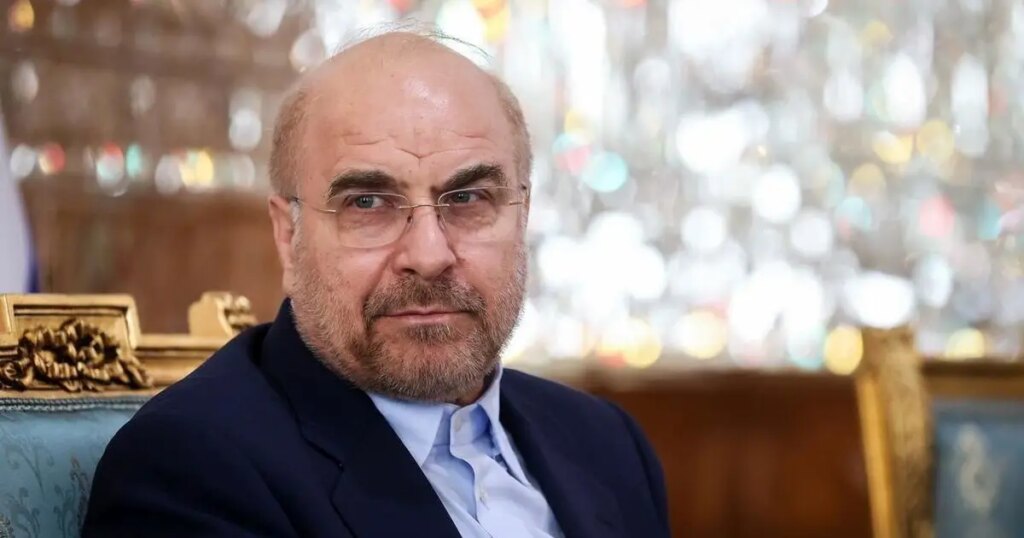Ahead of the Iranian presidential election, candidate Mohammed Bagher Ghalibaf has set out a foreign policy that is strongly marked by Iranian militancy.
In line with the policies of President Ebrahim Raisi's government, Parliament Speaker Ghalibaf argued in a televised debate that “regional authority” is the cornerstone of Iran's diplomatic relations, a stance that could further isolate Iran internationally as the war led by Iranian proxies continues.
“Our issue is Iran and its position in international relations,” he said, suggesting a focus on strengthening the so-called “axis of resistance” – Iran's terrorist proxies – such as Hezbollah in Lebanon and the Houthis in Yemen.
With Hezbollah now at war with Israel and the Houthis blockading the Red Sea region in support of Israel's war against Iran-backed Hamas in Gaza, his actions signal a steady continuation of Iran's belligerent stance.
Iran's Supreme Leader Ayatollah Ali Khamenei has set up proxies to fight Iran's arch enemies Israel and the West, and presidential candidates must toe the theocrat's lines to win the June 28 election.
Without giving details of how he proposed doing so, the former military officer promised to focus on revitalizing oil sales, banking and foreign trade and to use the negotiations to secure the lifting of global sanctions in a “realistic and measurable” way.
“We are under sanctions, so small and medium-sized companies that can provide us with superior capabilities should be given priority for sanctions relief,” he said. Iran continues to seek ways to evade international sanctions. It is sanctioned for its ongoing nuclear program, human rights violations and support for Russia's war in Ukraine.
The upcoming elections come after President Ebrahim Raisi's sudden death last month in a freak helicopter crash along with his delegation.

